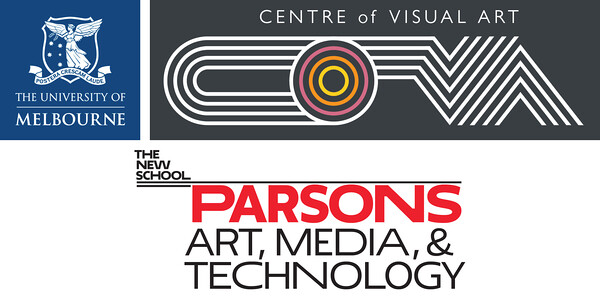Submission deadline: September 1, 2021
Project Anywhere is an innovative global exhibition program specifically designed to promote art at the outermost limits of location-specificity. Using a blind peer review model to replace the role of curator, Project Anywhere provides artists and artistic researchers working outside traditional exhibition systems with peer-validation, community support, and global dissemination of their work. Extending upon our core global exhibition program, all hosted projects are also invited to participate in our international conferences and symposia and to contribute to our biennial publication Anywhere.
Project Anywhere accepts proposals from artists and researchers working anywhere in the world, in any context. All proposals submitted to Project Anywhere are reviewed by four artist academics of international standing and all applicants receive a compilation of comprehensive feedback on their proposal submission.
Project Anywhere’s evaluation criteria stress that all proposals must make a clear and compelling case for a proposed project’s capacity to contribute to knowledge in an identified field of creative practice. Accordingly, it is expected that proposals identify related artistic precedents and relevant literature. Projects can be speculative or discursive in nature and can extend or contradict existing methodologies.
Please note that Project Anywhere does not provide funding nor expect exclusivity. We also welcome collaborative and curatorial projects as well as projects hosted by other institutions.
Current Global Exhibition Program:
Hawapi (Susie Quillinan and Maxim Holland)
An independent arts organization that takes artists to unexpected and challenging locations to develop and produce interventions in public space.
Water Spells (Adriana Salazar)
Explores relationships between humans, water and land within the context of Mexico City—one of the largest metropolises on the planet and in which hydric sustainability is uncertain.
Crossways. The Bridge as A Readymade (Anthony McInneny and Beatriz Maturana Cossio)
Investigates the bridge as a metaphor for communication in the context of Santiago’s urban culture.
–out-of-line– (Sonam Chaturvedi and Suvani Suri)
A virtual exhibition space built over cell phone networks using ‘the call’ as a site to showcase sound and text-based works.
A Guide to Remembering: The Colonial Amnesia Project (Tania Blackwell)
A new landscape memorial typology derived through social exchange and collective encounters
Zao: A History of Chinese Dishcourse Through Famine and Revolution (Siri Lee)
A speculative and polyphonic historical reconstruction of events surrounding China’s Great Leap Forward (1958–61) and Cultural Revolution (1966–76).
American Landscape(s) AR (Seol Park)
An independent augmented reality production that addresses themes of migration, romanticism, realism/reality, landscape painting traditions and digital technology.
Invisibledrum Art Platform (Amalia Fonfara and Nazaré Soares)
A platform consisting of artists and researchers that focuses on animism in transdisciplinary fields of knowledge, encompassing practices within the arts, creative ecologies, technology, embodied cognition, healing practices, speculative design and psychology.
Islands of Time (Niccolò Masini)
Explores relationships between the formulation of the intangible feeling of belonging and the construction of geographical identity.
Museum for the Displaced (Ana Sophie Salazar, Mohammad Golabi, Samantha Leong and Canan Batur)
A cultural and social organization addressing issues of forced migration, displacement, and statelessness that unfolds over multiple geographies and contexts.
The Quintessence (Pamela Breda)
Utilizes moving images, photographs and installations to explore visual imaginaries and archives, stressing the links between pictures, their narrative potential and their contexts of production and reception.
The Ruderal Library (Hannah Hirsekorn)
An activated art object that seeks to represent an ecologically oriented perspectival shift in the domains of the natural and the urban from opposites to symbiotic partners.
Plastic Mahal (Palace of Plastic) (Ben Parry)
A temporary public sculpture and political performance in the mode of a processional ritual across various sites in Mumbai. The temple is built from the city’s waste, which aggregates in the informal recycling centre in Dharavi’s 13th Compound.
If you are interested in submitting a proposal for our 2022 Global Exhibition Program, please read our “Proposal Guidelines” and “Evaluation Criteria” here. The deadline for proposal submissions is September 1, 2021. More information
Project Anywhere is proudly supported as part of a partnership between the Centre of Visual Art (University of Melbourne) and Parsons School of Art, Media and Technology (Parsons School of Design, The New School).



